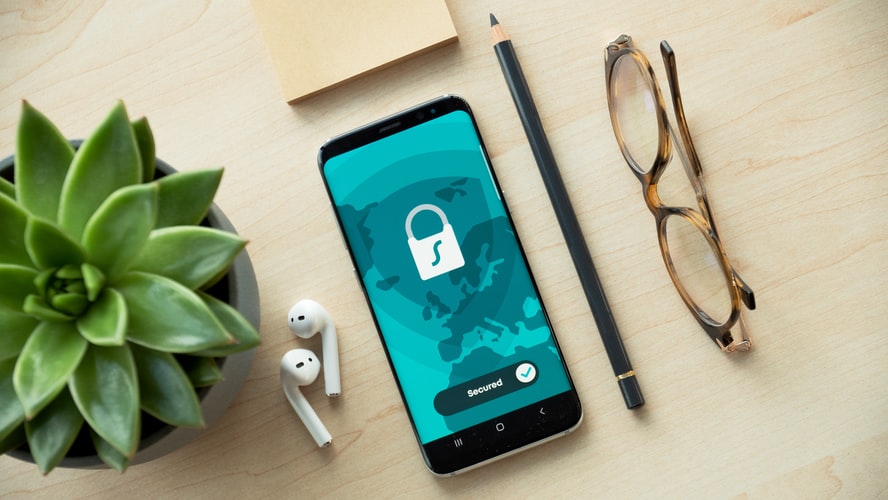Every individual and business must practice cybersecurity hygiene to ensure the security of data. But what exactly does it mean and how can you do it?
What Is Cybersecurity Hygiene?
Cybersecurity hygiene is the practice of maintaining the basic health and security of hardware and software. Everyone plays a part in this practice – from the security provider to system administrator to users. This is not the repair of a damaged device. Instead, cybersecurity hygiene refers to protecting already properly functioning devices.
The concept of this practice is similar to personal hygiene, where a person maintains their health by taking precautionary measures. You might catch a cold when you neglect your health. Meanwhile, your organization may suffer from a virus or data breach if you neglect cybersecurity.
Why Is Cybersecurity Hygiene Important?
This practice helps prevent criminals from causing breaches or stealing personal information. Furthermore, it ensures that your organization has a better incident response in case hackers succeed.
As mentioned, not only cybersecurity professionals play a part in protecting data. Your first line of cyber defense is your employees. Hence, you must not ignore the role of every member of your organization.
If you have end-users, their role is equally important. If employees and end-users follow security practices, the chances of hackers breaching your systems are minimal.
Best Practices
An organization must follow a set of cybersecurity practices and workflows about cybersecurity. Listed below are some of the best practices you may follow.
- Create a common set of practices or policies to make it easier to protect hardware and software.
- Document all equipment, hardware, and software. Keeping them updated is crucial so ensure to install such updates as soon as they are available.
- Check your list to find outdated or unused hardware and software, and uninstall them.
- Make sure that you have reputable antivirus software installed. Moreover, such software must be properly installed and configured.
- Passwords are your devices’ first line of defense. Thus, make sure that everyone uses strong and unique passwords. Moreover, have your employees change them on a regular basis.
- Limit those who have administrative access to the network. Employees must have access to systems which they only need to do their tasks.
- Many people view two-factor authentication (2FA) as a waste of time. However, it gives your system an extra layer of defense so it’s best to implement it.
- Enhance logging. Know who has accessed what and why. Moreover, IT departments should know how closely they track activities. Taking such steps is crucial to retrace any steps after a breach occurs.
Benefits
- Security. This is the biggest benefit of practicing cybersecurity hygiene. It prevents hackers from installing malware and viruses into your systems.
- Maintenance – outdated software can compromise your data. However, implementing such security policies enables users and experts to find outdated software and other privileges.
- Efficiency – routine security procedures make systems run more efficiently while being less vulnerable.
- Better customer trust – it’s obvious that everyone wants to secure their data. Customers want to make sure that their data is safe.

